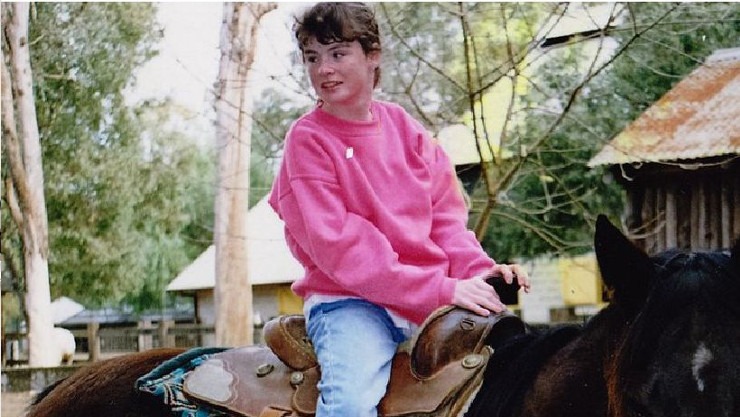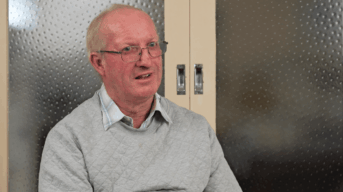
Landmark study exposes deadly cost of disability discrimination
Michelle was outgoing and friendly, an accomplished horse rider and much loved by her family and community. Devastatingly, Michelle was just 28 years old when she died, due to meningitis going undiagnosed during a hospital admission.
Her mother Maureen McIlquhan makes this heartfelt plea – “discrimination against patients with intellectual disability has to stop.”
NSW CID calls on the NSW Government to take immediate action on a landmark study from the University of New South Wales, which shows that people with intellectual disability are more than twice as likely to have preventable deaths as other members of the community.
“This is a human rights issue and the Government needs to urgently address it. An investment of $50 million a year over 10 years is what is needed to save lives”, says Jim Simpson, Senior Advocate NSW CID.
The landmark study was led by Professor Julian Trollor and focused on all deaths of people who were receiving intellectual disability services in NSW from 2005 to 2011. The study found:
- 38% of deaths of people with intellectual disability were potentially avoidable.
- People with intellectual disability died 27 years earlier than the general population. The average age at death for people with intellectual disability was 54 years, compared with 81 years for the general population.
- 76% of deaths in people with intellectual disability occurred prior to age 65 years. In the general population, only about 20% of people die before age 65.
- The top causes of avoidable deaths were cardiovascular, infections, cancer and respiratory diseases.
Maureen McIlquham’s daughter, Michelle, who had an Intellectual Disability, was disastrously misdiagnosed of meningitis, which led to her death. The doctors misinterpreted Michelle’s responses, assuming her reactions were due to her disability instead of the intense pain she was experiencing.
Maureen says, “Change needs to happen to ensure doctors provide proper treatment to all patients and no more patients die.”
Jim Simpson says, “This study is stark evidence that people with intellectual disability are very poorly serviced by the health system. Time and again, people with intellectual disability and their families report to us that health professionals do not understand their needs and, in some cases, are flagrantly discriminatory.”
NSW CID Board Member, Judy Harper, is the legal guardian of a 41 year old woman, Chris, with Down Syndrome and recounts an upsetting experience.
“Chris was admitted to intensive care in a major hospital where she was put on a ventilator to assist her breathing. The physician insisted that I agree for Chris not to be resuscitated if they took her off the ventilator. I refused. He kept saying I needed to think of Chris’ quality of life. I was furious, they knew nothing about Chris’ life and I knew that if she pulled through she would continue to have a good life. I stuck to my guns and she pulled through but it was extremely stressful.”
“Health authorities have been well aware of the high numbers of preventable deaths for people with intellectual disability for many years”, says Jim Simpson. “In fact the NSW Health’s Framework to improve the health care of people with intellectual disability outlines strategies to address them and the Government’s 10 year Strategic Plan for Mental Health in NSW sets out specific commitments for action. The problem is the Government will not commit to the funding.”
“Not only are these strategies not being funded, but we are at risk of losing vital intellectual disability health services which have been funded by the NSW Ageing, Disability and Home Care (ADHC) department”, said Mr Simpson. “These services will lose their funding with the transfer of the whole ADHC budget to the NDIS. If they close, it is likely that many more people will die.”
“The fact of the matter is that for an investment of $50 million a year, a sum in line with Government existing policies, we could put an end to the high numbers of preventable deaths for people with intellectual disability in NSW.”



 1800 424 065
1800 424 065 














